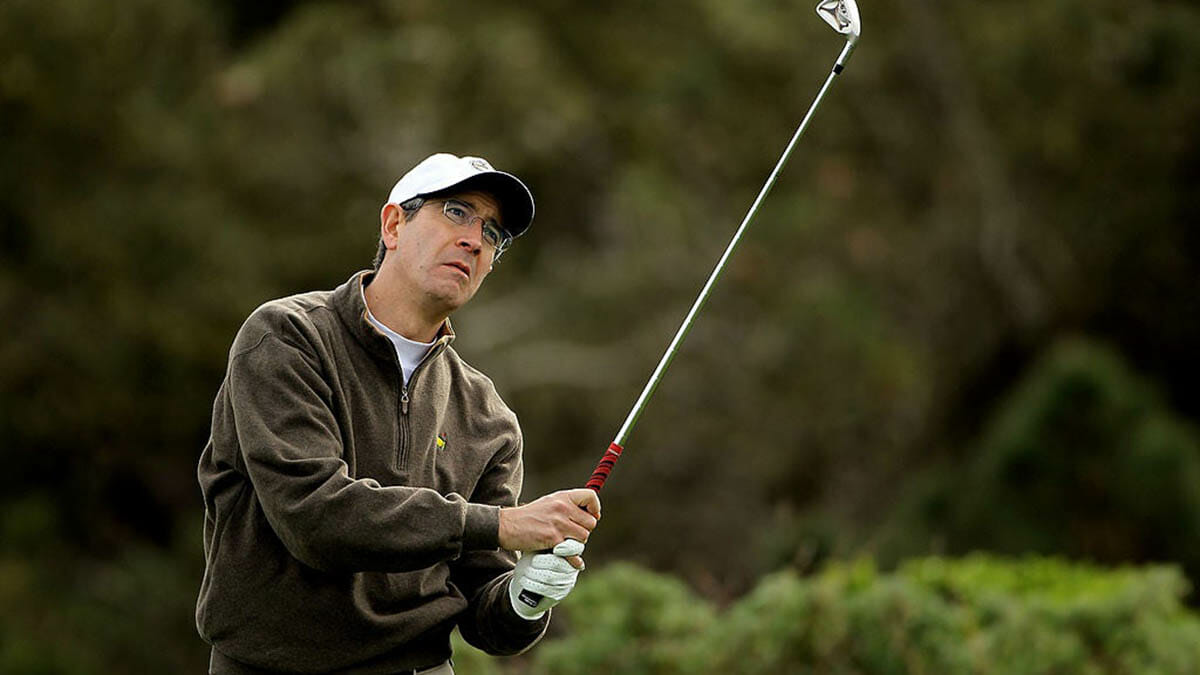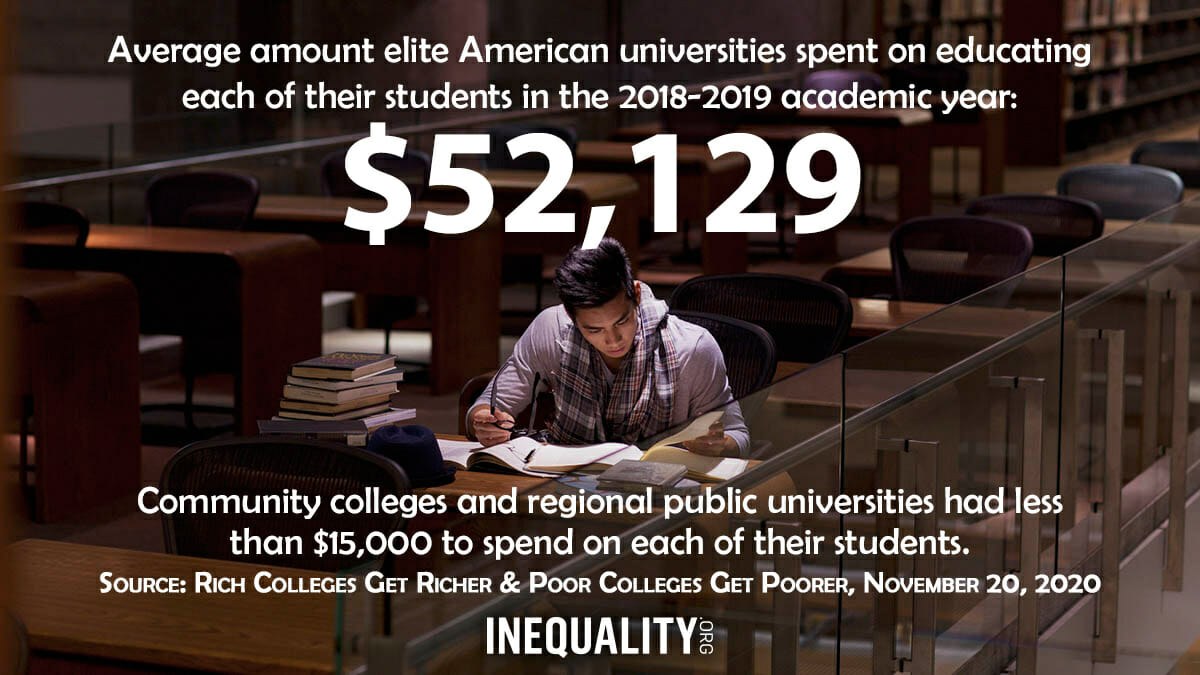| THIS WEEK |
We’re sitting in a “1 percent bubble,” the manager of a luxury retailer in Florida’s awesomely affluent Palm Beach observed last week, “and the bubble is getting bigger.”
How far can our bubble of grand private fortune inflate without bursting? Quite far, apparently. Last week, the combined wealth of America’s ten richest billionaires topped — for the first time ever — $1 trillion. The value of homes in America’s 100 richest zip codes is now increasing at quadruple last year’s rates.
Numbers like these, the latest polls show, have super majorities of Americans supporting higher taxes on our highest incomes. Over two-thirds of Americans overall — and nearly half of all Republicans — currently back raising tax rates on income over $400,000.
The economic policy advisers president-elect Biden announced last week all support these higher rates. But policy advisers, we show in this week’s issue, can’t cut grand fortunes down to democratic size. Only mass movements can.
Chuck Collins, for the Institute for Policy Studies Inequality.org team |
|
| |
|
| INEQUALITY BY THE NUMBERS |
 |
|
|
|
| |
|
| FACES ON THE FRONTLINES |
 |
| Essential Workers Fighting for a New Bill of Rights |
| Frontline retail workers have become public heroes during the pandemic. Former Walmart worker Janie Grice sees this increased appreciation as a “once-in-a-lifetime opportunity to transform our society so that everyone can earn quality pay and benefits.” After four years of struggling to get by on Walmart’s low wages and erratic work hours, the South Carolinian is now working as an organizer for United for Respect, the advocacy group supporting retail workers nationwide. One of the group’s priority goals: enacting an Essential Workers Bill of Rights that would guarantee improved health and safety protections, universal health care, increased pay and paid leave, and whistleblower protection. Notes Grice: “Without these rights, corporate executives and politicians will continue to put their interests before those of essential workers and their families.” |
|
| |
|
| WORDS OF WISDOM |
 |
|
|
|
| |
|
PETULANT PLUTOCRAT
OF THE WEEK |
 |
| This Hazard Can Be More Deadly than Sand Traps |
|
As CEO of the Comcast media empire, Brian Roberts oversees properties that range from Comedy Central to MSNBC. But you have to believe Roberts has a special place in his heart for Comcast’s Golf Channel. Some CEOs may pull down more than Roberts — who made $36.4 million last year — but precious few top execs can drive, chip, and putt as well. Golf magazine has rated Roberts one of the Fortune 500’s top 13 CEO golfers, and you can bet he keeps close tabs on Golf Channel doings. These days, those doings have gone sour — for the tech crews that staff the channel’s tournament coverage. The pro golfers who play in these tourneys are all getting tested for Covid before they tee up. The techs who broadcast these tourneys want the same testing. Without it, says union rep Justin Conway, any tourney the Golf Channel televises could become “a spreader event.” Comcast has so far refused to provide tech testing, and the union has launched a drive to end that “uncooperative” stance. Roberts must be too busy practicing on putting greens to give the testing green light. |
|
| |
|
| BOLD SOLUTIONS |
 |
| A Self-Sustaining Afro-Ecological Community |
| The Black Dirt Farm Collective, a group of Black agrarians, educators, and organizers in Maryland, is working to build a self-sustaining Afro-ecological village autonomous from wealthy donors. Collective member Blain Snipstal calls the effort “a very deliberate act to target the folks that have historically helped to build the wealth of this society, but had no real participation in that said wealth.” The collective also seeks to “support folks to move from principal consumers to principal producers of our own means of production, whether that is through values, knowledge, culture, building things, or toiling the land.” Institute for Policy Studies Next Leader Kayla Soren shares an interview that offers a lot more detail. |
|
| |
|
| GREED AT A GLANCE |
 |
|
|
|
| |
|
| TOO MUCH |
 |
| Progressives with a President’s Ear: Not Enough |
| The newly announced Biden economic policy team, enthuses the New Yorker, brings an “emphasis on raising wages, reducing inequality, and fostering greener, more inclusive growth.” Other commentators agree. Indeed, the Biden picks for economic policy slots in his new administration may have already become the most visible change-oriented circle of economic advisers since the “Brains Trust” made headlines in the early days of FDR’s New Deal. That “Brains Trust” — the first group of White House staffers ever to gain public policy celebrity status — has somewhat faded away into history. But the hoopla and hope that gang generated still holds an important lesson for us today: Brains, even wonderfully progressive brains, can only do so much. Inequality.org co-editor Sam Pizzigati has more. |
|
|
|
| |
|
| MUST READS |
This week on Inequality.org
Janie Grice, We Need an Essential Workers Bill of Rights. Walmart’s owners are seeing their wealth surge while workers go without hazard pay. That has to change.
Kayla Soren, A Black Agrarian Collective is Working To Build a Self-Sufficient Community. A Maryland-based initiative is helping people who have historically not gained from the wealth they created.
Elsewhere on the Web
David Dayen, Social Distancing, American Prospect. The wealthy have pulled out of the orbit of the rest of the country. Can they be leashed back?
Tim Schwab, Are Bill Gates’s Billions Distorting Public Health Data? Nation. The price we pay when we rely on billionaires for the resources essential to our public well-being.
Lucinda Platt, New ways of measuring inequality: what can we learn from the LSE pioneer, Richard Titmuss? LSE. Ancient inequalities, this British social scientist taught us, have assumed new and more subtle forms.
Rosie Frost, What is land inequality and how does it threaten women? Euronews. In countries like Guatemala, extreme inequality costs lives.
William Darity Jr., Malachi Hacohen, and Adam Hollowell, The Importance of Inequality Studies, Inside Higher Ed. Duke University has created a landmark new path for the focused study of inequality in the undergraduate curriculum.
Kathleen Lynch, Care, capitalism and politics, Social Europe. Things matter beyond money, status, and power, because the desire to love and care parallels the desire to consume and to own.
Marco Guzman, After the Dust Has Settled: How Progressive Tax Policy Fared in the General Election, JustTaxes. The fight for tax equity and raising more revenue to invest in people is trending in the right direction.
Ben Steverman, Billionaires Urge Tax Reform to Free $1 Trillion for Charity. Bloomberg. Wealthy contributors get big tax breaks for donations even if the money they donate languishes in foundations or donor-advised funds for decades without reaching charities.
Mariana Mazzucato, Henry Lishi Li, and Els Torreele, Designing vaccines for people, not profits, Social Europe. National and private interests are trumping health justice.
Marco Ranaldi and Branko Milanovic, Capitalist systems and income inequality, VoxEU. Taiwan and Slovakia now appear to be the world's most “classless” societies. |
|
| |
|
| A FINAL FIGURE |
 |
|
|
|
| |
|
|